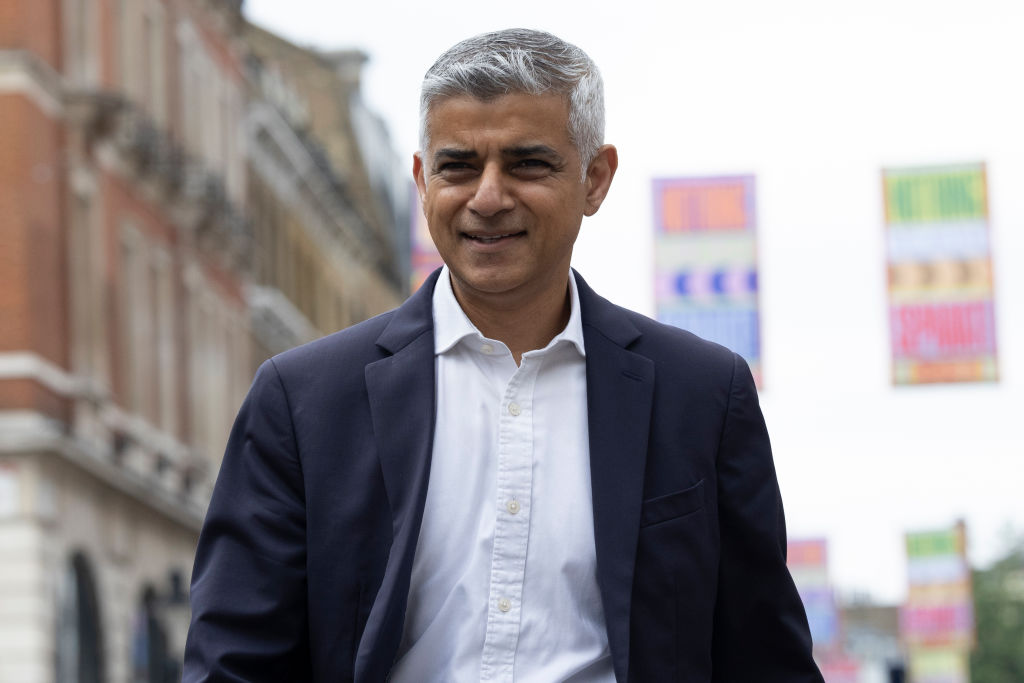Khan pumps fresh cash into London creatives as energy bills spiral

The Mayor of London Sadiq Khan has pledged £1.2m to help creative workspaces in London to become greener and more energy efficient as bills begin to rocket.
The move comes as businesses, who are not protected by the energy price cap, face up to the reality of the cost of living crisis with up to five times higher energy bills, and UK inflation rising above 10 per cent for the first time in 40 years, driven by soaring prices for food and fuel.
The mayor first established the Creative Enterprise Zones across London back in 2018 to ensure that artists and creatives have affordable places to work, are supported to start-up and grow, and where Londoners can develop the skills required for work in the creative industries.
The latest funding means authorities with accredited zones have been invited to apply for grants of up to £200k to invest in practical and achievable measures that will improve energy efficiency.
For example, grants could be used to help replace a building’s older heating system with heat pumps and install new windows, or conduct an ‘eco audit’ to investigate ways for organisations to become more energy efficient.
The Mayor of London Sadiq Khan said: “This latest investment reaffirms my commitment to placing the environment at the centre of our economic recovery and will help workplaces deal with burden of the cost of living crisis and spiralling energy bills as we build back a fairer, greener city for all.”
Just this week, UK Music Chief Executive Jamie Njoku-Goodwin called on ministers to cut VAT from its current 20 per cent and extend business rate to help to music hubs across the country.
Based on a survey of its 941 venue members, the Music Venue Trust (MVT) revealed gig venues face an average 316 per cent rise in fuel bills – taking the average fuel bill cost to £5,179 per month per venue – up from the current average of £1,245.
“We all saw just how miserable life was without live music during the pandemic, when venues were closed for months – the high cost of energy bills could now close them forever,” Njoku-Goodwin said.